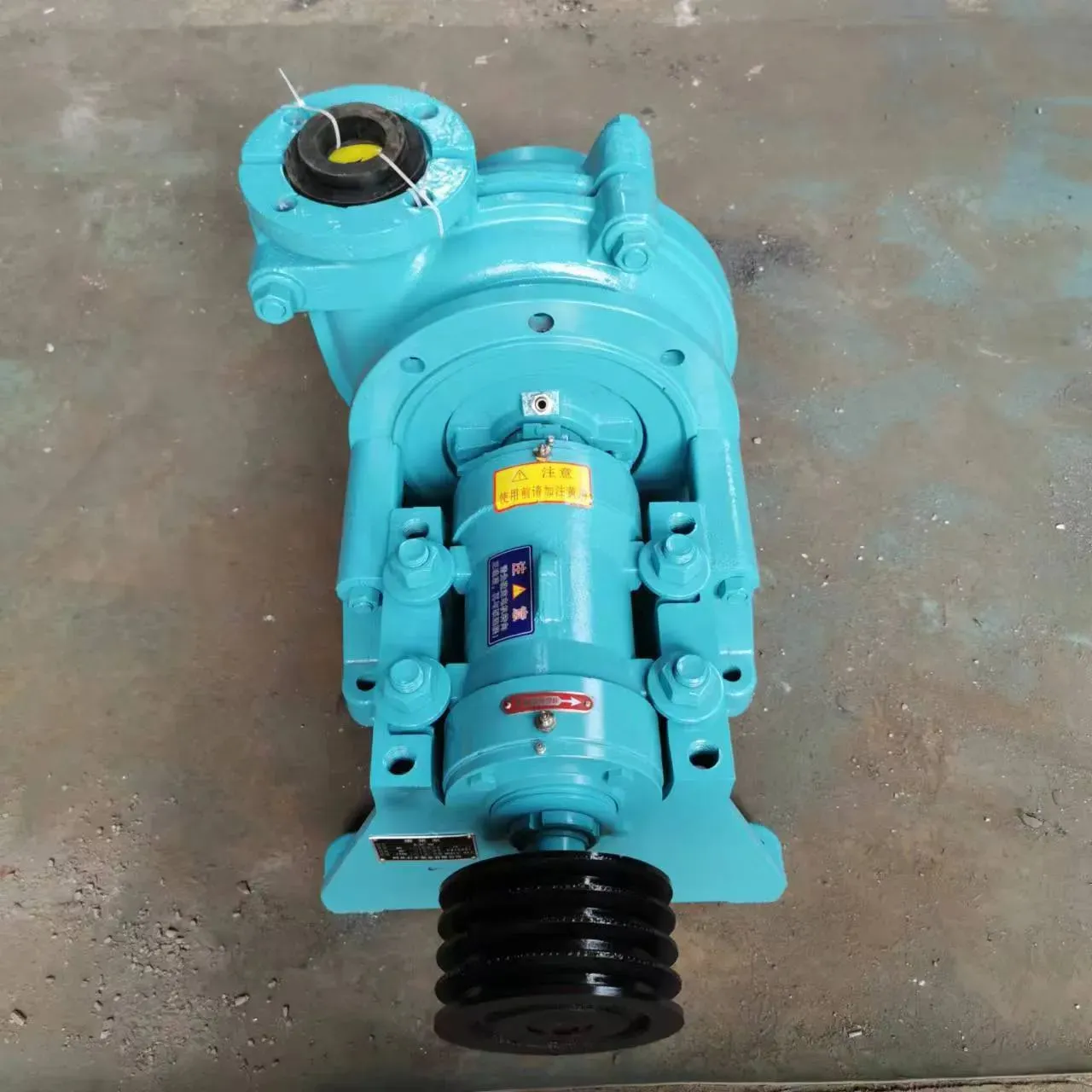Hindi
- Afrikaans
- Albanian
- Amharic
- Arabic
- Armenian
- Azerbaijani
- Basque
- Belarusian
- Bengali
- Bosnian
- Bulgarian
- Catalan
- Cebuano
- Corsican
- Croatian
- Czech
- Danish
- Dutch
- English
- Esperanto
- Estonian
- Finnish
- French
- Frisian
- Galician
- Georgian
- German
- Greek
- Gujarati
- Haitian Creole
- hausa
- hawaiian
- Hebrew
- Hindi
- Miao
- Hungarian
- Icelandic
- igbo
- Indonesian
- irish
- Italian
- Japanese
- Javanese
- Kannada
- kazakh
- Khmer
- Rwandese
- Korean
- Kurdish
- Kyrgyz
- Lao
- Latin
- Latvian
- Lithuanian
- Luxembourgish
- Macedonian
- Malgashi
- Malay
- Malayalam
- Maltese
- Maori
- Marathi
- Mongolian
- Myanmar
- Nepali
- Norwegian
- Norwegian
- Occitan
- Pashto
- Persian
- Polish
- Portuguese
- Punjabi
- Romanian
- Russian
- Samoan
- Scottish Gaelic
- Serbian
- Sesotho
- Shona
- Sindhi
- Sinhala
- Slovak
- Slovenian
- Somali
- Spanish
- Sundanese
- Swahili
- Swedish
- Tagalog
- Tajik
- Tamil
- Tatar
- Telugu
- Thai
- Turkish
- Turkmen
- Ukrainian
- Urdu
- Uighur
- Uzbek
- Vietnamese
- Welsh
- Bantu
- Yiddish
- Yoruba
- Zulu
Telephone: +86 13120555503
Email: frank@cypump.com
दिसम्बर . 05, 2024 11:01 Back to list
High-Performance Pumps for Detergent Slurry Production and Manufacturing Solutions
High Pressure Pumps for Detergent Slurry Manufacturers
In the manufacturing of detergents, the significance of utilizing high-pressure pumps cannot be overstated. These pumps play a pivotal role in the production process, especially when handling detergent slurries. This article delves into the importance, working principles, advantages, and considerations for selecting high-pressure pumps for detergent slurry manufacturing.
Importance of High-Pressure Pumps
Detergent slurries typically consist of a mix of water, surfactants, and other chemicals that need to be transported and processed effectively. High-pressure pumps are essential for maintaining the fluid dynamics necessary for blending, transporting, and applying these slurries in the manufacturing process. They ensure that the materials are moved efficiently and consistently, which is vital for maintaining product quality and production speed.
The need for high-pressure is paramount in several stages of detergent manufacturing. For instance, during the mixing process, achieving a homogeneous mixture requires pumps capable of generating sufficient pressure to overcome the resistance within the mixing tanks. Additionally, during the packaging phase, these pumps facilitate the transfer of finished products into containers, minimizing the risk of spillage and ensuring accuracy in filling.
Working Principles
High-pressure pumps used in detergent slurry applications can be categorized into various types, including positive displacement pumps, centrifugal pumps, and diaphragm pumps. Each type has its working principles and is suited for different scenarios.
1. Positive Displacement Pumps These pumps function by trapping a fixed amount of liquid and forcing it into the discharge pipe. Due to their ability to generate high pressures, they are ideal for transporting thick and viscous slurries without compromising the integrity of the product.
2. Centrifugal Pumps Utilizing rotational kinetic energy, centrifugal pumps are commonly used for fluids with lower viscosity. However, they may struggle with highly viscous slurries unless properly designed and optimized for such tasks.
3. Diaphragm Pumps Known for their versatility and durability, diaphragm pumps can handle corrosive and abrasive slurries. They are particularly useful in detergent manufacturing due to their ability to maintain consistent pressure and flow rates.
Advantages of High-Pressure Pumps
The implementation of high-pressure pumps in detergent slurry manufacturing offers numerous advantages
high pressure pump for detergent slurry manufacturers

- Efficiency High-pressure pumps ensure faster processing and transportation of materials, leading to increased productivity. - Versatility These pumps can handle a wide array of substances, including abrasive and corrosive materials, making them adaptable to different formulations of detergents.
- Consistency By maintaining a constant pressure and flow rate, high-pressure pumps help achieve uniformity in the final product, which is essential for both quality control and customer satisfaction.
- Reduced Operational Costs Improved efficiency translates into lower energy consumption and reduced waste, leading to significant cost savings in the long run.
Considerations for Selection
When selecting a high-pressure pump for detergent slurry manufacturing, several factors must be taken into account
1. Viscosity Understanding the viscosity of the slurry is crucial for choosing the right pump type. High-viscosity slurries demand positive displacement pumps, whereas lower viscosity mixtures may be suitable for centrifugal pumps.
2. Corrosiveness Detergents often contain chemicals that can be corrosive. Selecting pumps made from suitable materials, such as stainless steel or other resistant alloys, can prolong the life of the pump and minimize maintenance issues.
3. Flow Rate Requirements Establishing the necessary flow rates based on production needs is vital. Pumps should be sized accordingly to meet these requirements without overloading the system.
4. Maintenance Regular maintenance is key to ensuring the efficiency and longevity of high-pressure pumps. Manufacturers should consider the ease of access to pump components for repairs and servicing.
Conclusion
In summary, high-pressure pumps are an indispensable component in the manufacturing of detergent slurries. Their ability to efficiently transport and process a range of materials is crucial for maintaining high production standards and quality. By understanding their working principles, advantages, and selection criteria, manufacturers can make informed decisions that enhance their production capabilities, reduce costs, and ultimately, deliver superior products to the market. As industries evolve, the role of high-pressure pumps in detergent manufacturing will undoubtedly continue to expand, driven by the need for innovation and efficiency.
-
Custom Drilling Mud and Slurry Pump Supplier - High Efficiency, Tailored Solutions
NewsJun.10,2025
-
Supply Vertical Submersible Sewage Pump High-Efficiency WQ/QW Pumps Supplier
NewsJun.10,2025
-
Premium Sewage Ejection System & Pumps Efficient Waste Removal
NewsJun.09,2025
-
Premium Wholesale Slurry Pump Impellers Durable & Efficient Slurry Handling
NewsJun.09,2025
-
Top Sewage Pump Companies Durable Industrial Solutions for Efficiency
NewsJun.09,2025
-
Heavy Duty Slurry Pumps - OEM High Performance & Bulk Wholesale
NewsJun.09,2025










